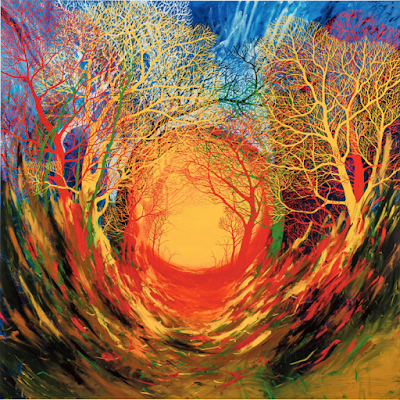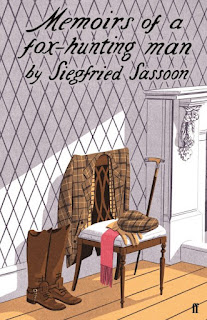Fading Mansions
The body is material, mused Shakespeare. His Jacobean poems evoke the Genesis-based philosophy that we are all made of dust, temporal beings. Sonnet 146, for example, confronts the everlasting conflict between spirit and body, and asks why the soul even bothers with earthly things – everyday possessions and material wealth. “Why so large cost, having so short a lease, / Dost thou upon thy fading mansion spend?” This “fading mansion” of fleeting existence stands crestfallen against more mightier concerns.
Considering issues of cosmic consequence, Shakespeare in all his poetic wisdom favoured a long-view of humankind’s time on earth. Skip ahead to the twenty-first century and we have an equally talented writer returning to Shakespearean musings. Robert Macfarlane, critic and teacher, writes about humanity’s impact on Earth, with a keen eye towards climate change, the planet’s decay. Reading his 2019 book Underland: A Deep Time Journey is like travelling by air: if lucky enough, we get the window seat, take-off and look down back at the Earth, realising instantly how small we are as a species.
Yet instead of lifting off Underland dives below. Part journalism, part essay, this is a book about everything below our feet. The subterranean has long fascinated us for thousands of years, and it all starts with burial. We dispose of the dead via the underworld. In both myth and religion, the realms of the dead dig down under (Hell in Christianity; Hades in Grecian mythology). Burial is a practice which transcends all cultures and epochs, notes Macfarlane, a universally sacred task. In this mode the underland has many uses, many ritualistic values. Macfarlane says at the book’s beginning, “we have long placed that which we fear and wish to lose, and that which we love and wish to save” into the underland. Descending with all our hopes and fears, our species has imbued the world below with power, something of deep meaning.
Macfarlane’s words bounce to a set rhythm. Stories of “journeys into darkness” lead into essays that dig for sublevelled knowledge, engaging in both scientific and cultural analysis. Macfarlane’s curiosity takes him all over: a Bronze Age limestone burial chamber in Somerset, England; an ancient underground river in northern Italy, a land penetrated with sinkholes; adventures in Paris’ catacombs; hidden caves in northern Scandinavia; collapsing glaciers in Greenland, then finally to Finland, where a series of cavernous storage chambers are currently in construction, which will later be used for nuclear waste. These on-site explorations permit Macfarlane to interpret the world with an Anthropological frame of mind – to study our astonishment with the world’s underground via the combination of fieldwork with the advent of current scholarship (the end bibliography is something to marvel at).
Gathered through multifarious experience, Macfarlane develops an unsettling philosophy of the world, seeing it as endlessly temporary. Key to the book’s message is the idea of deep time – a concept which challenges “our usual models of time, space and species”. Deep time refers to the pre-human world on one side and the post-human world on the other, the so-named “dizzying expanses of Earth history that stretch away from the present moment”. This is about change, the transforming world, our impact and legacy on Earth. A breakthrough moment comes when Macfarlane is miles beneath the surface, in the Carso, Italy, a starless river with caverns as big as cathedrals. With his guide, Macfarlane moves
between the dunes of black sand, ascending at first to the centre of the chamber in order to outflank the crags that fall away to our right. The landscape through which we are passing is, I realize, only a temporary iteration of a dynamic terrain. These boulders are shifted and these dunes are re-sculpted by the river each time it floods.
Where others see permanence, Macfarlane sees flux, and Underland’s lyricism, its vital journeys, direct our collective attention to the pertinence of Macfarlane’s worldview, to the primacy of the long-term. We need to think about the things that will outlast humankind, the Shakespearean fading mansions of this world, this mysterious planet.
Source:
Underland: A deep time journey. By Robert Macfarlane. London: Hamish Hamilton, 2019. 978-0-241-14380-3.
 |
| Nether by Stanley Donwood, 2013 |


Comments
Post a Comment